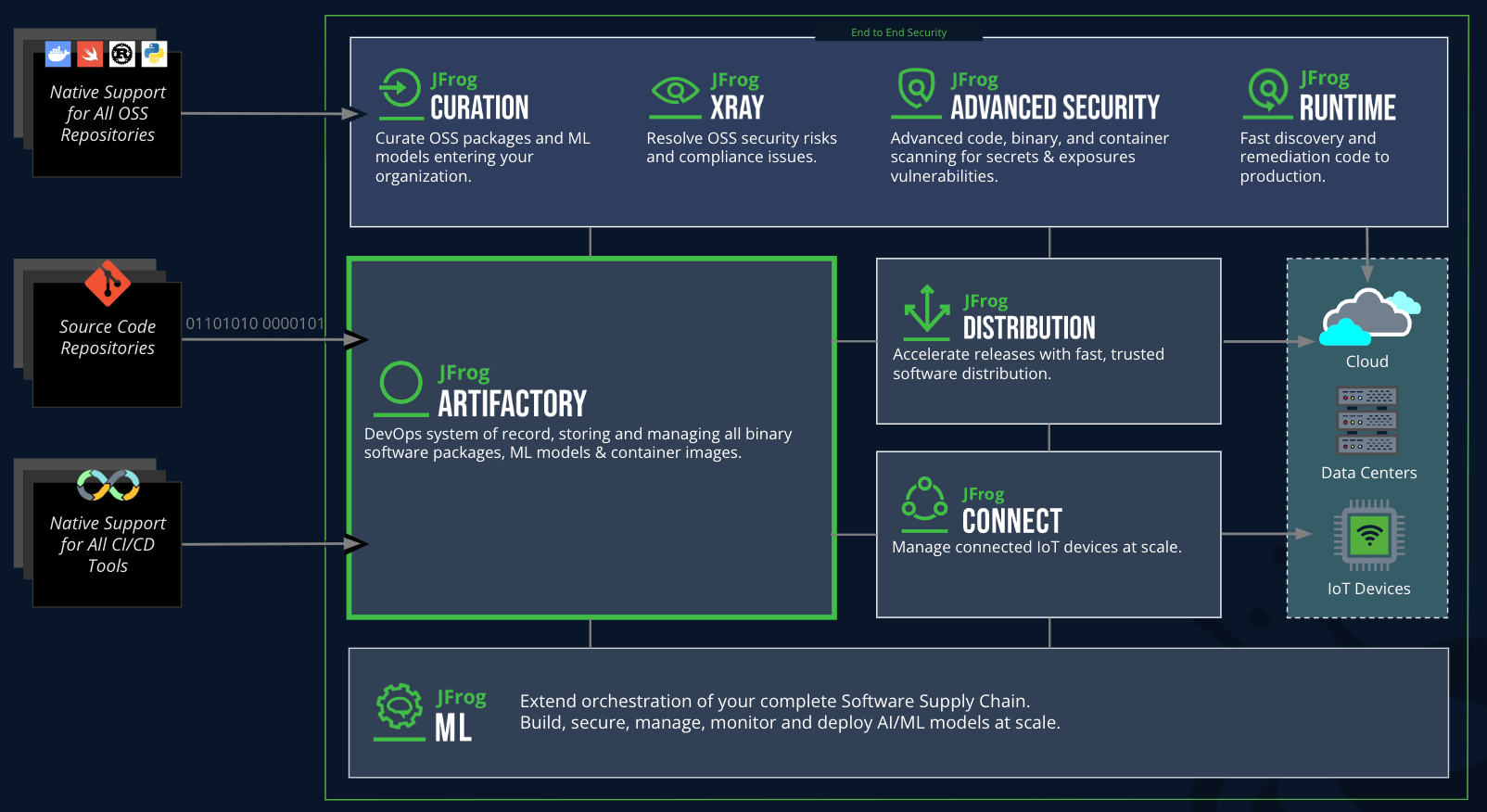


Opkg Repositories Wiki

Optimizing Development for OpenWrt Using Opkg

Opkg Repositories
Opkg (Open Package Management) is a lightweight package manager commonly used in embedded Linux systems, such as OpenWrt and Yocto-based environments, to manage software packages. JFrog Artifactory can function as an Opkg repository, enabling users to host, manage, and securely distribute both public and private Opkg packages. Integrating Opkg with JFrog Artifactory provides centralized control, secure access, and efficient dependency management for embedded systems.
Update the Opkg configuration file (usually located at /etc/opkg.conf or in a similar directory specific to your environment).
Add your Artifactory Opkg repository URL as a new src entry:
src artifactory
Replace with the URL of your Opkg repository in JFrog Artifactory.
You can then run opkg update to refresh package lists from your Artifactory repository.
To upload Opkg packages to JFrog Artifactory:
Ensure your package is built in .ipk format, the format supported by Opkg.
Use the Artifactory UI to manually upload the package file or the JFrog CLI for automated uploads:
jfrog rt upload “.ipk”
Replace .ipk with the path to your package and with the Artifactory Opkg repository location.
You can also script uploads as part of a CI/CD pipeline to automate package deployments.
Centralized Package Management: Host both public and private Opkg packages in a secure, centralized repository.
Access Control and Security: Artifactory’s role-based access control (RBAC) allows you to restrict who can access, upload, or download packages, ensuring secure package distribution.
Dependency Management: Manage package dependencies and versions to ensure consistent builds and reduce compatibility issues.
Remote Caching and Proxies: Artifactory can proxy remote repositories, caching external packages locally to speed up deployment and improve system resilience.
If issues arise:
Verify that the repository URL in your Opkg configuration is correct and accessible.
Confirm that you have network access to Artifactory, and, if authentication is required, make sure credentials are correctly set up.
Run opkg update and review the output to check for errors when refreshing package lists.
Check Artifactory’s logs for any permission or network-related issues that might be preventing access.
Ensure that uploaded packages are in the correct .ipk format and have been added to the appropriate Artifactory repository.